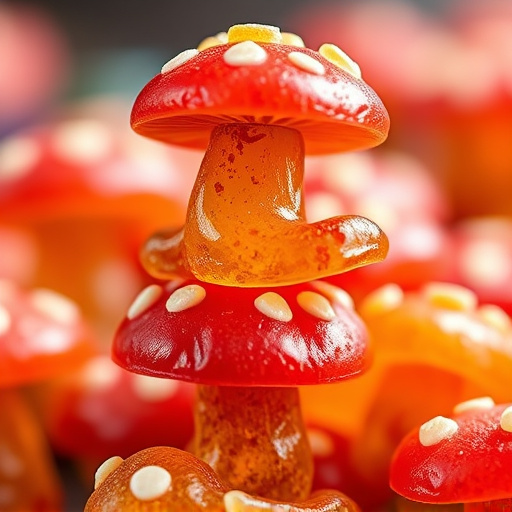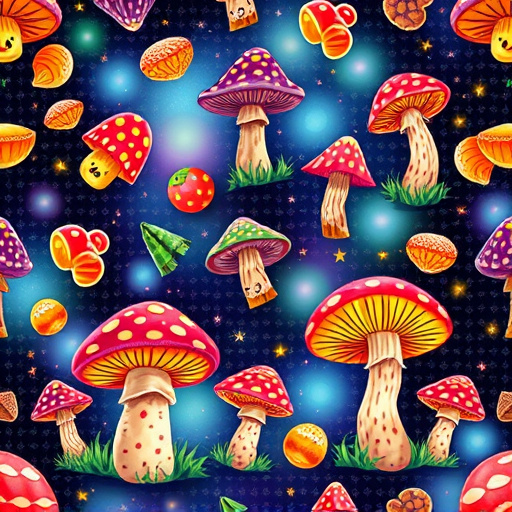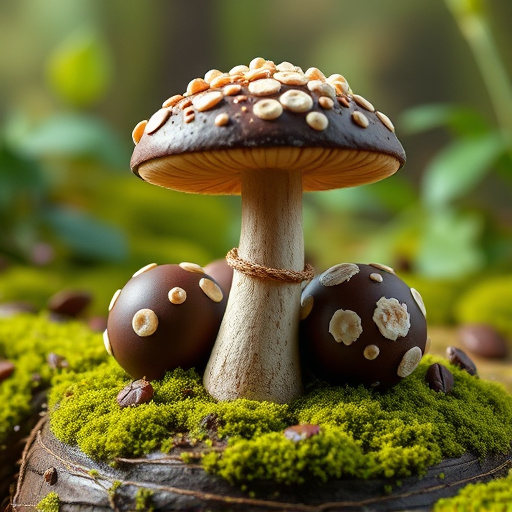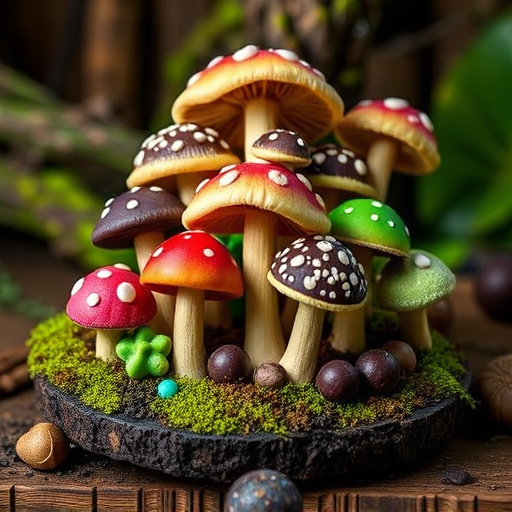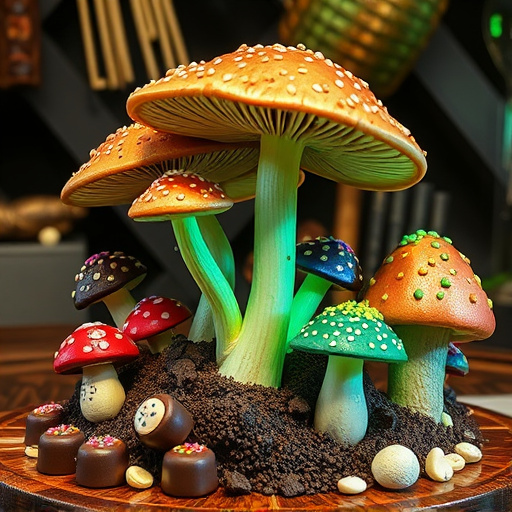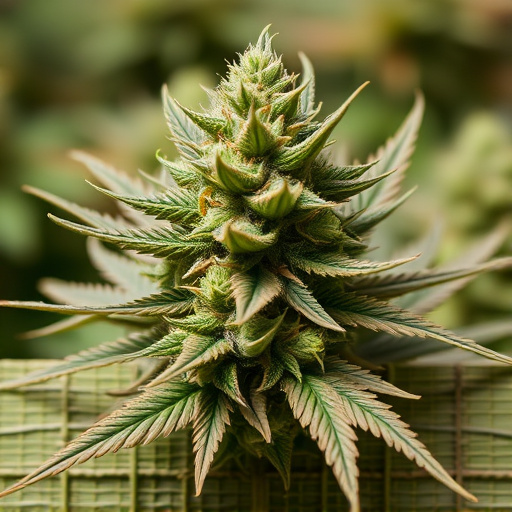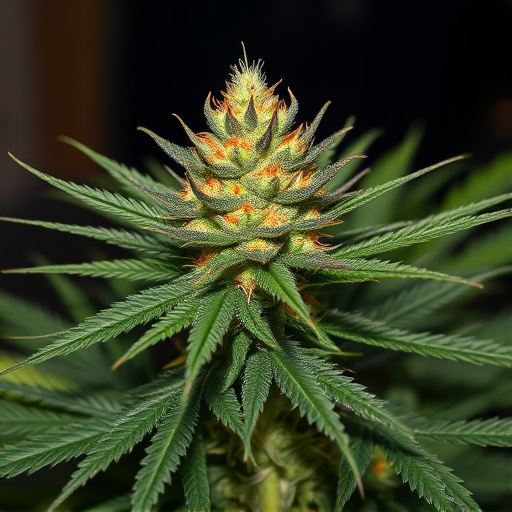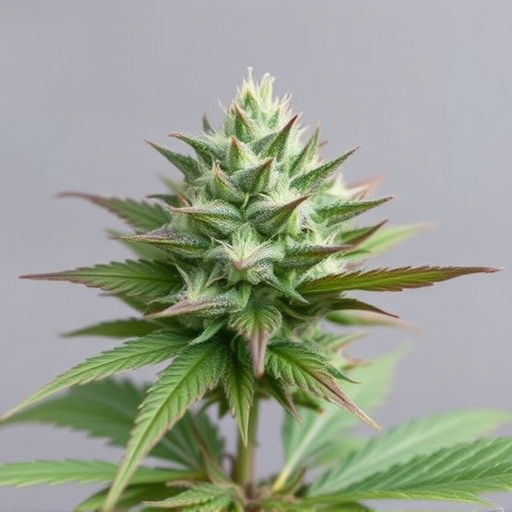The distinctive skunk aroma in certain cannabis strains is primarily driven by their genetic heritage and terpene profiles, with key compounds like myrcene, linalool, and limonene contributing to their unique scents. Rare cannabis strains often have tailored terpene combinations that create one-of-a-kind aromas, appealing to varied consumer preferences. Cultivators can leverage this knowledge to develop rare strains with specific scents, enhancing the overall cannabis experience for enthusiasts seeking distinctive profiles, especially in rare cannabis strains.
Ever wondered why some cannabis strains exude a potent, skunk-like aroma while others are more subtle? This intriguing characteristic goes beyond mere preference. It’s a complex interplay of genetics, cultivation, and breeding that shapes these scents. Uncover the secrets behind the skunk factor as we explore the science behind terpene profiles, cultivation techniques, and the art of hybridization that creates some of the rarest cannabis strains known for their distinctive, pungent fragrance.
- Genetics and Terpene Profiles: The Skunk Factor
- – Explore the role of genetics in cannabis scent
- – Explain how terpene compounds contribute to skunkiness
Genetics and Terpene Profiles: The Skunk Factor

The unique aroma of skunk in certain cannabis strains is largely attributed to their genetic makeup and terpene profiles. Terpenes are aromatic compounds naturally produced by cannabis plants, similar to how citrus trees emit limonene or pine trees release pinene. Among these terpenes, myrcene, linalool, and limonene are particularly responsible for the skunky scent we associate with cannabis.
Rare cannabis strains often exhibit distinct terpene combinations that contribute to their unique aromas. For instance, high levels of myrcene, which is known for its earthy, musky notes, can intensify the skunkiness. Meanwhile, lower concentrations of linalool, which offers floral and citrusy accents, may result in a more pungent skunk aroma. Understanding these genetic and terpene dynamics helps cultivators craft rare cannabis strains with specific aromas catering to diverse consumer preferences.
– Explore the role of genetics in cannabis scent
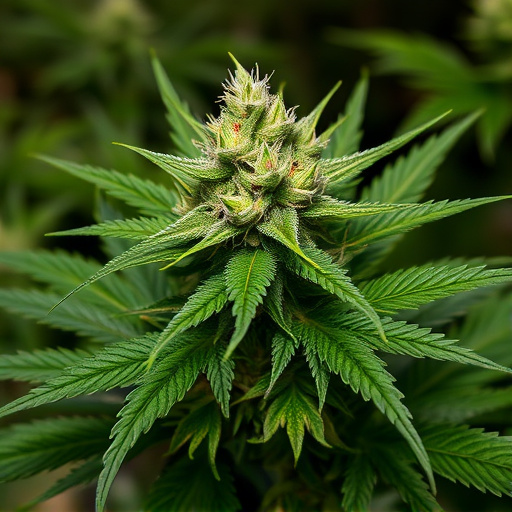
The aroma of cannabis is a complex interplay of various chemical compounds, with terpenes playing a pivotal role in shaping the scent profile. Genetics are the driving force behind this, as different strains possess unique terpene profiles that contribute to their characteristic aromas. Certain terpenes, such as myrcene and limonene, are prevalent in many cannabis varieties and are responsible for earthy, fruity, or citrusy notes. However, some rare cannabis strains boast distinctive terpene combinations that result in more intense and unconventional scents, reminiscent of skunk.
The genetic diversity within the cannabis plant kingdom allows for these intriguing variations. Rare strains often emerge from selective breeding programs aiming to highlight specific traits, including unique scent markers. As a result, growers can cultivate cannabis with highly distinct aromas, captivating both connoisseurs and those exploring the world of alternative medicine.
– Explain how terpene compounds contribute to skunkiness
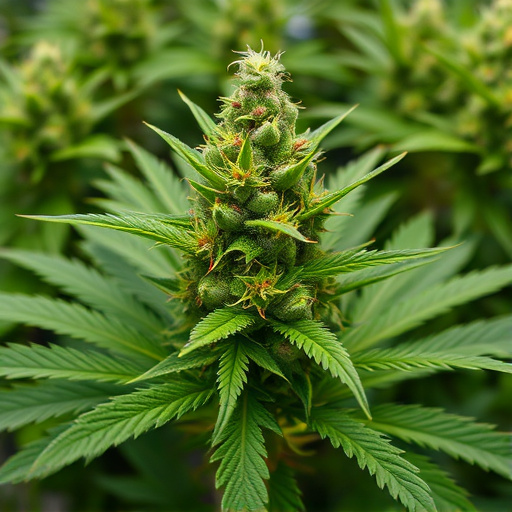
Cannabis enthusiasts often associate a distinct skunk-like aroma with the plant, and this characteristic is largely attributed to terpene compounds. Terpenes are aromatic organic compounds that occur naturally in many plants, including cannabis. In rare cannabis strains, these terpenes play a significant role in shaping the overall scent profile. The presence of specific terpenes, such as myrcene, limonene, and pinene, can contribute to the skunkier notes detected in certain varieties.
Myrcene, for instance, is known for its earthy and musky aroma, often described as a hint of skunk. Strains with higher concentrations of this terpene tend to have more pronounced skunkiness. Limonene adds a citrusy scent, which can either enhance or counteract the skunk notes depending on its balance with other terpenes. Pinene offers a pine-like fragrance, adding complexity and depth to the skunkier profiles. The unique combination and ratio of these terpenes in rare cannabis strains make them stand out and offer diverse sensory experiences for consumers looking for specific aromas.
In the diverse world of cannabis, the distinct skunk-like aroma is a trait many enthusiasts appreciate. This unique characteristic is largely influenced by genetics and terpene profiles. Rare cannabis strains often carry specific genetic markers that intensify or modify these terpenes, resulting in an array of scents from subtle to overpowering skunkiness. Understanding these genetic factors and their impact on terpene production allows cultivators to create diverse and intriguing aromas, catering to a wide range of consumer preferences for both common and rare cannabis varieties.
